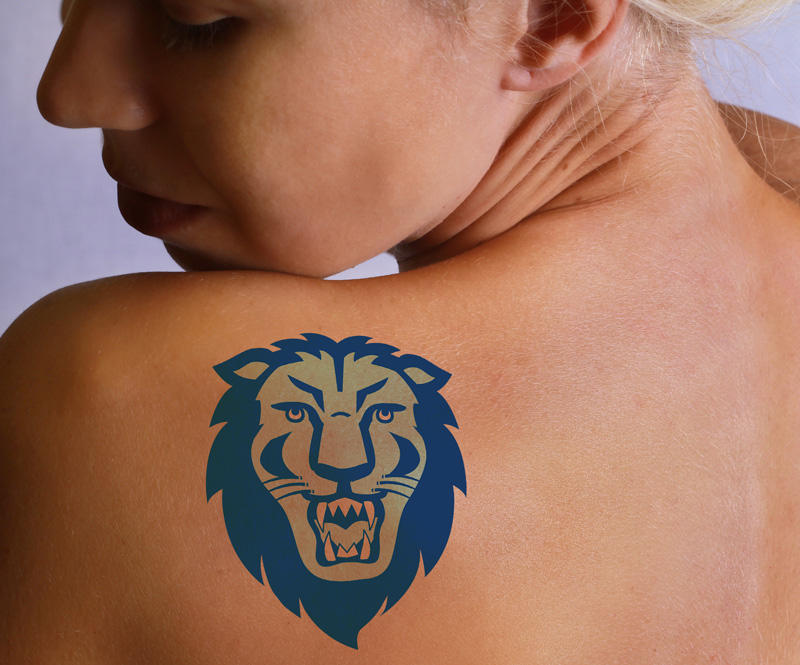Want a tattoo? Need to get rid of one? Norman Goldstein ’55CC, a former clinical professor of dermatology at Mount Sinai Hospital in Manhattan and an expert in the care and culture of body art, offers advice.
What would you say to someone who’s considering getting a tattoo?
Think your ink through. A tattoo is permanent. Even if you get it removed, you’ll always have some kind of scar. I advise against names, especially of partners. After all, you might break up with that Tom, Dick, or Harry. Spell-check everything. You’d be surprised at how often tattoo artists misspell simple words like “beautiful” and “angel” — and be especially vigilant if your tattoo is in a language you don’t speak. Go to a licensed tattoo parlor, and if you have AIDS, sarcoma, or any severe medical problem, talk to your doctor first.
What does removal usually cost? Does it hurt?
Treatments aren’t that complicated but can cost thousands of dollars depending on the tattoo’s age and size. If the tattoo is older, the pigment will be deeper in your skin, so it will be harder to remove. Colored tattoos can also be more of a challenge. If you want to get rid of a five-year-old tattoo sleeve, for example, you’d need to get laser treatment about once a month for six months and that could cost $2,000 to $3,000. It doesn’t hurt, though. With an anesthetic, you don’t feel anything.
Why are tattoos so popular?
They are an art form: living ink on living skin. You can learn a lot about someone by the choice and placement of a design on their body. Tattoos tell people who we are. I am seeing trends toward bigger tattoos and tattoos on younger women. I also see more mothers and daughters getting matching tattoos. Tattooed patients often ask me, “Should I get more?” I tell them it’s your skin. It’s your canvas. Life is short, so do what you want.
What country has your favorite tattoo culture?
Tattoos have been around for at least ten thousand years, and they are popular across cultures, but Japanese tattoos have always fascinated me. They’re slowly and carefully done. I think they’re the most artistic body ink. Aside from their beauty, they carry complex social meanings. For example, Japanese gang members have intricate total-body tattoos that symbolize belonging and power.
You just retired after sixty years of clinical practice. Any plans to get your first tattoo to mark the occasion?
Probably not. I know if I got a tattoo, I wouldn’t stop. My body would be covered.
This article appears in the Spring/Summer 2020 print edition of Columbia Magazine with the title "Ask an Alum: Tattoo Trivia."



